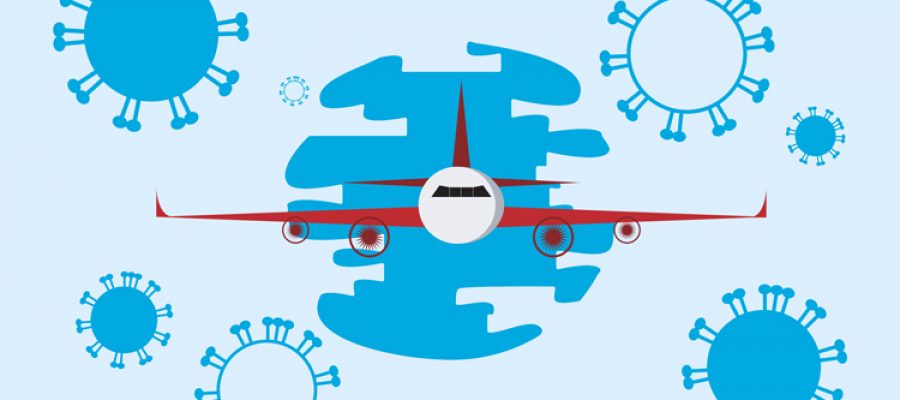
A pneumonia of unknown cause was initially detected in Wuhan, China and was first reported to the World Health Organization Country Office in China on 31 December 2019. This pneumonia was later named Coronavirus Disease 2019 (COVID-19). On 30 January 2020, the outbreak was declared a Public Health Emergency of International Concern. As at 14 April 2020, One Million, Eight Hundred and Seventy Three Thousand, Two Hundred and Sixty Five (1,873,265) cases of COVID-19 (in accordance with the applied case definitions and testing strategies in the affected countries) have been reported across the globe, including One Hundred and Eighteen Thousand, Eight Hundred and Fifty Four (118 854) deaths.
In the wake of the novel COVID-19 pandemic, the world has been shaken in unexpected ways, from the massive loss of lives to the headlong plummeting of the economies of nations of the world, which has had its impact on the various sectors such as healthcare, aviation, agriculture, oil and gas and many more. This business outlook intends to discuss the impact of COVID-19 on the aviation sector in Nigeria, relief measures the government has put in place to cushion the identified effects and the way forward following the pandemic.
The Aviation sector plays a vital role in facilitating economic growth and development, and provides numerous economic and social benefits. Some of the main economic impact of aviation arises from its ability to generate employment opportunities, wealth, effectively supporting global businesses and tourism and offering countries, especially developing ones, the opportunity to facilitate trade and enable linkages in the global supply chain.




